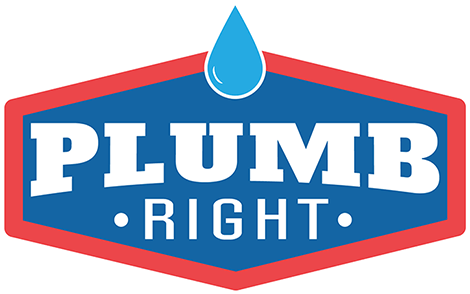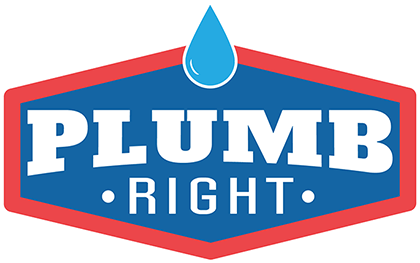Is a Home Water Filtration System Worth It?
For thousands of years, people have been trying to find ways to purify their water, with Hippocrates creating a simple cloth filter in Greece as early as 500 BCE. That is because the cleanliness of your water can have a huge impact on how you feel and how your home functions. Luckily, technology has now caught up to our need to clean, with modern water filtration systems able to filter out harmful organic material and mineral buildup. If you are concerned about the quality of your water, or you’ve noticed an odd taste to your tap, or limescale buildup on your faucet, a water filter might be the perfect option for you. Our team at Plumb Right is sharing the types of water filters available and the benefits they have—allowing you to create a more informed decision for your home.
Types of Whole-Home Water Filters
As the name would suggest, a ‘whole-home’ filter covers the water for your entire home. This is because these systems are typically attached to your main water line, filtering contaminants at the source. Because every home has different needs, there is not a one-size-fits-all solution to filtration, and you might find that a filter that works for you might not work for your neighbor.
The most popular types of water filtration systems include:
- Activated carbon: Carbon’s porous nature works to your benefit here. This system uses activated carbon, or activated charcoal, to pull contaminants from your water and trap them in the pores. While this system is unable to filter minerals and salts, it can effectively remove chlorine and volatile organic chemicals from your water supply.
- Reverse osmosis: This system uses a semi-permeable membrane to filter your water and is effective at removing minerals, viruses, heavy metals, and other pollutants. While typically a more expensive choice, this system requires little maintenance and is one of the most effective choices on the market.
- UV: The new kid on the block. This system utilizes UV light to irradiate the water passing through it, which reduces your exposure to parasites, bacteria, and viruses but doesn’t remove inorganic contaminants like Fluoride, Calcium, or Magnesium.
7 Reasons to Install a Water Softener
“Hard” water describes water with a high concentration of mineral buildup, particularly in Calcium and Magnesium. While these minerals are harmless—in fact, some studies have even shown that some ingestion of Calcium and Magnesium can lower your risk of heart disease—they can have drastic effects.
7 benefits of a water softening system:
- Prevent Calcium, Magnesium, and other mineral buildups
- Reduce your water heating bill by up to 29%
- Increase the lifespan of your appliances that depend on the water line
- Hard water spot and soap scum free dishes and clothes
- Clothes and dishes that are free of hard water spots and soap scum
- Notice softer, more hydrated skin and hair
- Reduce your spending on plastic water bottles
If you are ready to have pure, clean water, call our team at (763) 401-8233 or contact us online to schedule your whole-home water filtration system installation today.


.1)[1].2009031239550.jpg)